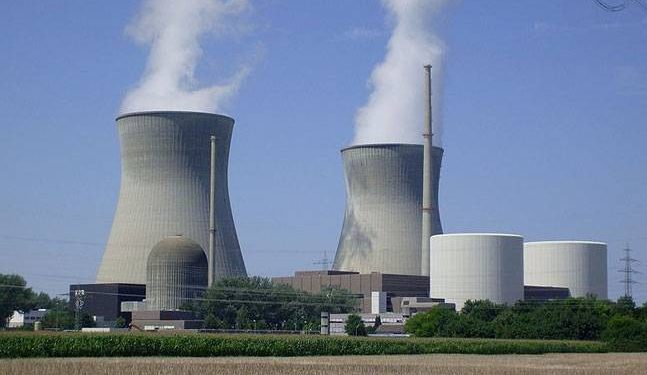Energy is undoubtedly one of the biggest essentials in the growth of any country. While fossil fuel still dominates, developed nations have been focusing on renewable energy for quite a while now. Germany tops the list with renewable energy at more than 12 per cent of its total use and the UK follows with 11 per cent. On the other hand, countries such as China and India have high ambitions for expansion of nuclear energy capabilities to meet rising energy needs. While India produces more than 3 per cent of its energy through its 20 nuclear power plants, seven more plants are under construction. The country, it is said, targets 25 per cent nuclear production by 2050. With high ambitions, the government is now considering opening the country’s nuclear power sector to foreign direct investment.
There are several areas of great concern for a country such as India before going ahead with approving such a proposal. One of the biggest factors is whether the nation is ready to accept nuclear energy as a sustainable alternative to fossil fuels. The country has already witnessed instances of local populace fighting nuclear projects tooth and nail. The Kudankulam Nuclear Power Project is a standing example of people’s unease. Although the project is currently producing electricity, the local population, including fishermen, has protested against its operations for long. There were concerns that the project was changing the microclimate of the area for the worse. The water released from the project into the ocean was believed to be causing a rise in ocean temperatures in the vicinity and leading to decimation of fish population. There were also concerns about radiation poisoning and other health related ill effects on people.
A big worry for India should be with regard to how foreign companies would operate in India. India has had a very poor track record in keeping the safety of its citizens paramount. The methyl isocyanate leak from the Union Carbide factory in Bhopal, in 1984, which left thousands dead and generations crippled and maimed from congenital deformities, remain a festering wound even after more than three decades of the incident. Caution is, therefore, most essential to ensure that if foreign companies are to invest in nuclear power generation in India, they should be held accountable for all costs to both the people and the environment. Also, India is not yet a self-sufficient producer of nuclear fuel. It is heavily dependent on countries such as Russia to meet its nuclear fuel needs. Unless the country also becomes independent in producing nuclear fuel, drawing foreign investment in nuclear power projects would be a huge risk. One of the other big worries associated with nuclear plants is what will happen to the spent fuel. The way foreign players handle radioactive waste will determine the path for the country and its people. The Department of Atomic Energy (DAE), following deliberations with the Prime Minister’s Office, has sought legal opinion from the Union Law Ministry on whether FDI can be allowed in a sensitive sector like nuclear power. The legal standpoint alone will not suffice. Greater concerns of people will have to be addressed satisfactorily before green signal is given to FDI in nuclear power. India should not compromise its environment and people’s safety by opening doors to for-profit foreign companies or entities keen to strike gold in one of the world’s largest energy markets. Where most top nuclear power generating countries are backing out and pledging to minimise or eliminate dependence on nuclear energy, with countries like Germany pledging to shut down all nuclear plants by 2020, caution needs to be the key word.







































